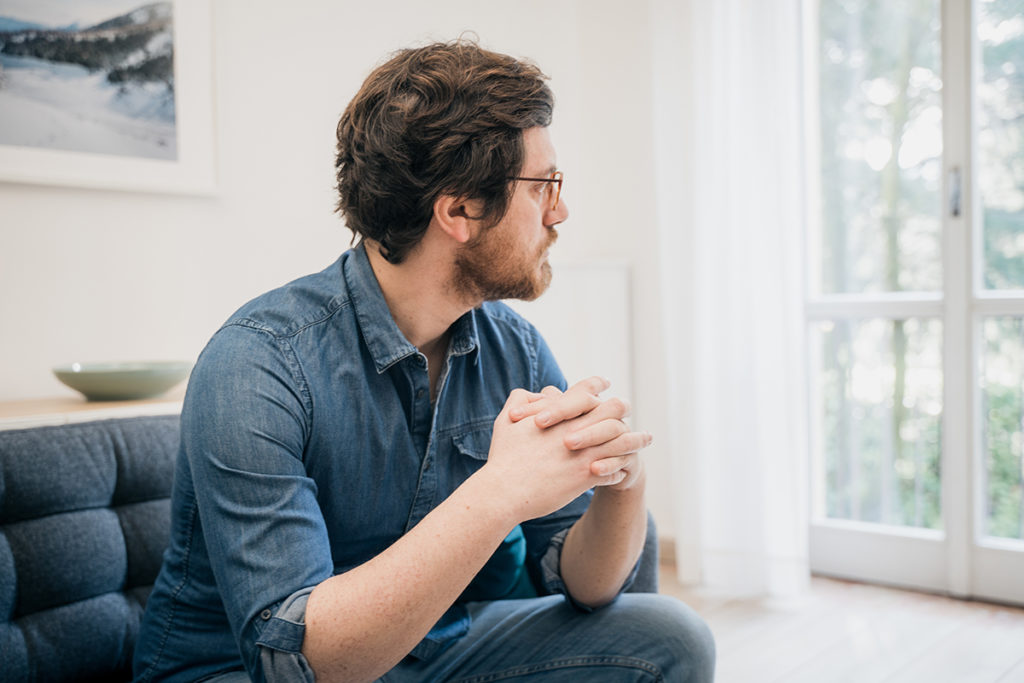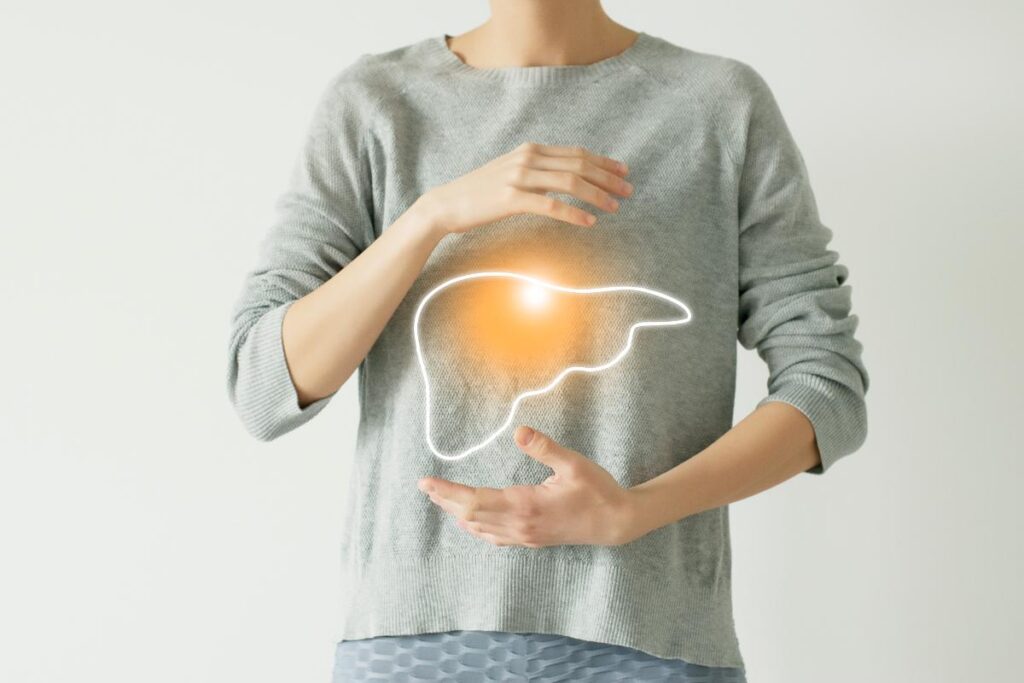Living with anxiety can feel overwhelming, making daily life challenging and sometimes leading people to withdraw. Even simple tasks might seem huge and stressful. It can sap the joy from activities you love and make you shy away from social interactions. Anxiety can lead to behaviors that might be hard for others to grasp, but it’s important to remember that you’re not alone in this experience. Reaching out and sharing how you feel can make a big difference.
If you fear you or someone that you care about may be struggling with an anxiety disorder, lean on the professionals at The Right Step by calling 17135283709 to learn more about our anxiety treatment in Texas.
What Is Generalized Anxiety Disorder?
People struggling with generalized anxiety disorder (GAD) experience unexplained fears and obsessions that don’t make sense.
Anxiety disorders are more common than you may think. These consistent worries can affect any and every part of your life. A certain amount of stress is normal for most people, but when it escalates to this level, professional help is needed to manage the anxiety.
Other Types of Anxiety Disorders
In addition to GAD, there are a variety of anxiety disorders that plague a significant number of Americans:
- Panic disorder – Frequent panic attacks characterize this anxiety disorder. Several triggers can bring on these attacks, causing severe emotional and physical stress.
- Social anxiety disorder – This condition causes people to avoid social situations due to feeling extremely self-conscious around others.
- Obsessive-compulsive disorder (OCD) – This disorder centers around repetitive behaviors that become all-consuming. It can include things like counting, organizing, and cleaning.
- Phobias – Phobias are fears that become highly irrational and can disable someone when presented with this fear. It can be a fear of small spaces, heights, or something like spiders.
The fifth edition of the Diagnostic and Statistical Manual of Mental Disorders (DSM-5) now classifies post-traumatic stress disorder (PTSD) as a distinct condition rather than as an anxiety disorder. However, those with PTSD may also experience symptoms of anxiety.
Learning to Live with and Manage GAD
Treatment is the best course of action for GAD and can include a variety of therapies that make up a customized treatment plan.
Group Therapy
Being among peers as you go through treatment can be a great support. Knowing other people are going through the same experiences can help ease the guilt or stress you may feel.
Cognitive-behavioral Therapy (CBT)
CBT is a behavioral therapy that redirects one’s thinking away from harmful thoughts and behaviors. Instead, it encourages one to focus on the healthy and productive things in one’s life.
Exposure Therapy
This type of therapy eliminates triggers by intentionally exposing clients to them in a controlled environment, building confidence along the way.
Medication-Assisted Treatment (MAT)
Sometimes, treating severe conditions may require antidepressants or antianxiety medication alongside traditional therapies.
Experiential Therapies
Engaging in physical activities like yoga, tai chi, massage, and even meditation can be a release to help manage stressors associated with an anxiety disorder. The mind and body connection is strong. Helping one helps the other.
Connect with The Right Step and Get Started on Anxiety Treatment in Texas Today
A majority of Americans live with anxiety daily. It’s important to note that proper mental health treatment can effectively manage it. Professional mental health treatment can include a variety of therapeutic modalities, including traditional talk therapies, behavioral therapies, and experiential therapies. Professionals can uniquely customize each person’s treatment plan to meet individual needs.
Contact The Right Step online or call 17135283709 to find out more about treatment for generalized anxiety disorder and other mental health conditions.






